Are Remastered Games Worth Your Money?
Remastered games for the PlayStation 4 and Xbox One can be great for both consumers and developers, but are they really necessary?
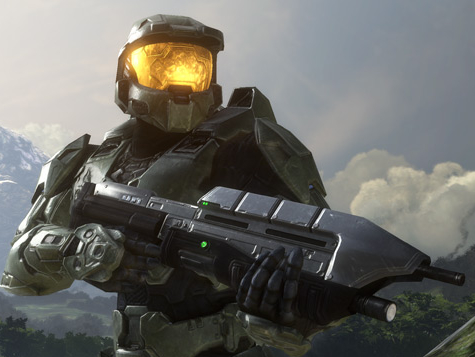
If you'll allow me to put on my old man hat for a moment, I remember a time when game developers would wait for a respectable interval before remaking a game. You could reasonably expect to see five or 10 years between a great game and its re-release, but with the advent of the Xbox One and the PlayStation 4, that window has been shrinking.
Borderlands: The Pre-Sequel? Dark Souls II? The Last of Us? I have food in my pantry that's older than these games, and yet they've already been gussied up for current-gen consoles, dragging full 1080p resolutions and 60 frames-per-second frame rates behind them, sometimes kicking and screaming in protest. And, of course, the games usually cost full price, even if you've bought them before.
Why is the games industry so enamored of HD remasters right now, particularly ones that add so little to a game's core experience? Furthermore, with widespread Xbox 360 backward compatibility on the way, are remasters doomed to go the way of the Virtual Boy after only a short time on the market?
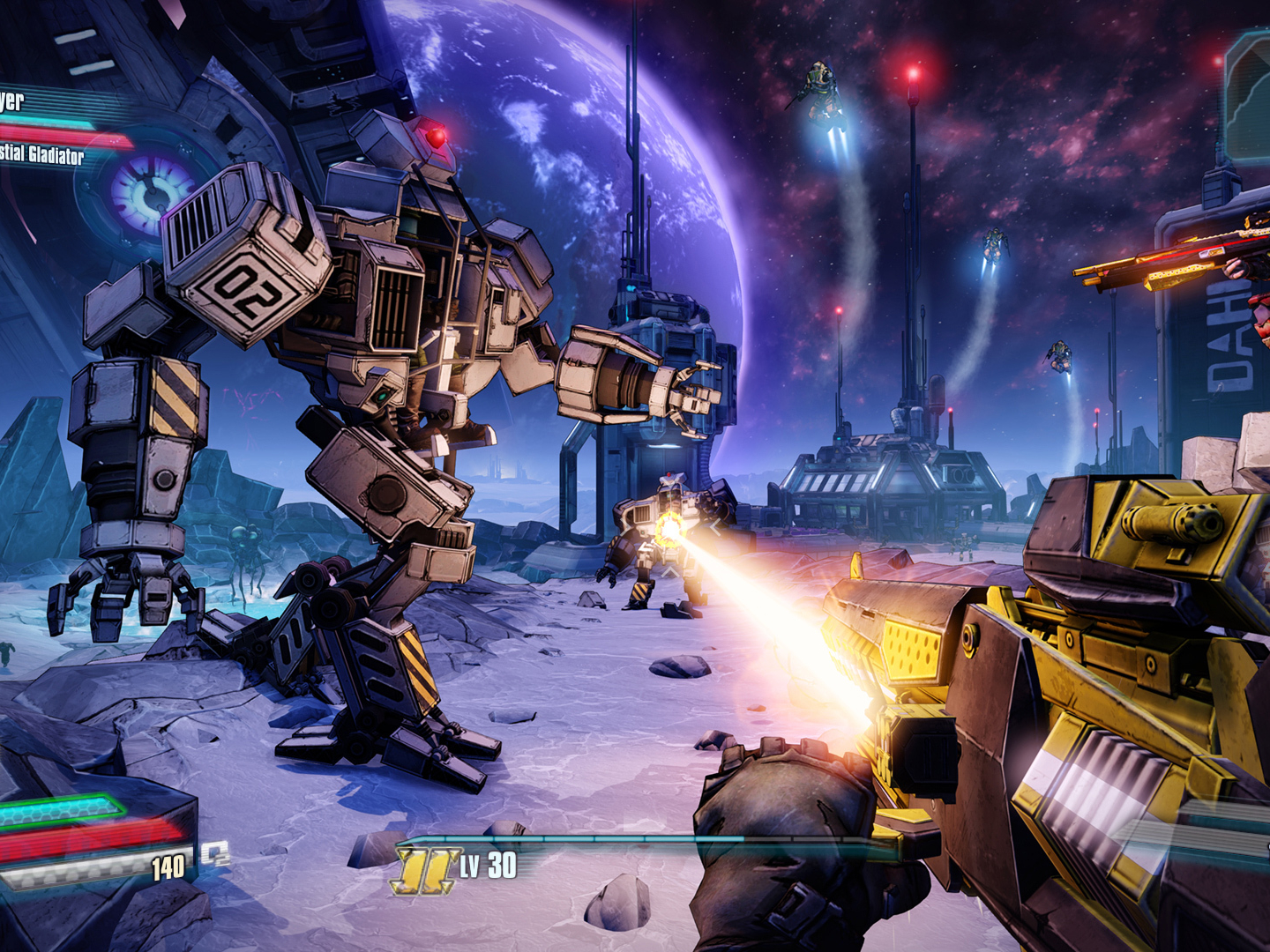
Remake vs. Remaster
For as long as there have been games, there have been remakes. (Pong itself is a remake of Tennis for Two, the great-granddaddy of all video games.) A remake is a complete redesign, often from the ground-up, of a classic title.
Super Mario All-Stars on the Super Nintendo was a remake of older NES titles. Final Fantasy III on the DS, complete with 3D graphics and an expanded storyline, was a remake. The upcoming Gears of War remake for the Xbox One will include new content and redesigned graphics, making it more than just a remaster.
On the other hand, look at Borderlands: The Handsome Collection, which took Borderlands 2 and Borderlands: The Pre-Sequel, upped the resolution, activated some new multiplayer servers and ported them to the Xbox One and PS4. Nothing substantial about the games changed. The levels were exactly the same as before. The graphics were sharper, the downloadable content (DLC) was all included, and you could play it without having to dust off your old systems, but those were the only changes. That, and the price tag was back up to the industry-standard $60.
MORE: Most Anticipated Games
Of course, with The Handsome Collection, you at least got two games plus DLC for the price of one. Not every remaster is so generous. Consider remasters like Sleeping Dogs, The Last of Us, Dark Souls II: Scholar of the First Sin, and Tomb Raider, which launched just a year or two after their initial releases, then charged a full $60 for graphical updates and included DLC.
Get instant access to breaking news, the hottest reviews, great deals and helpful tips.
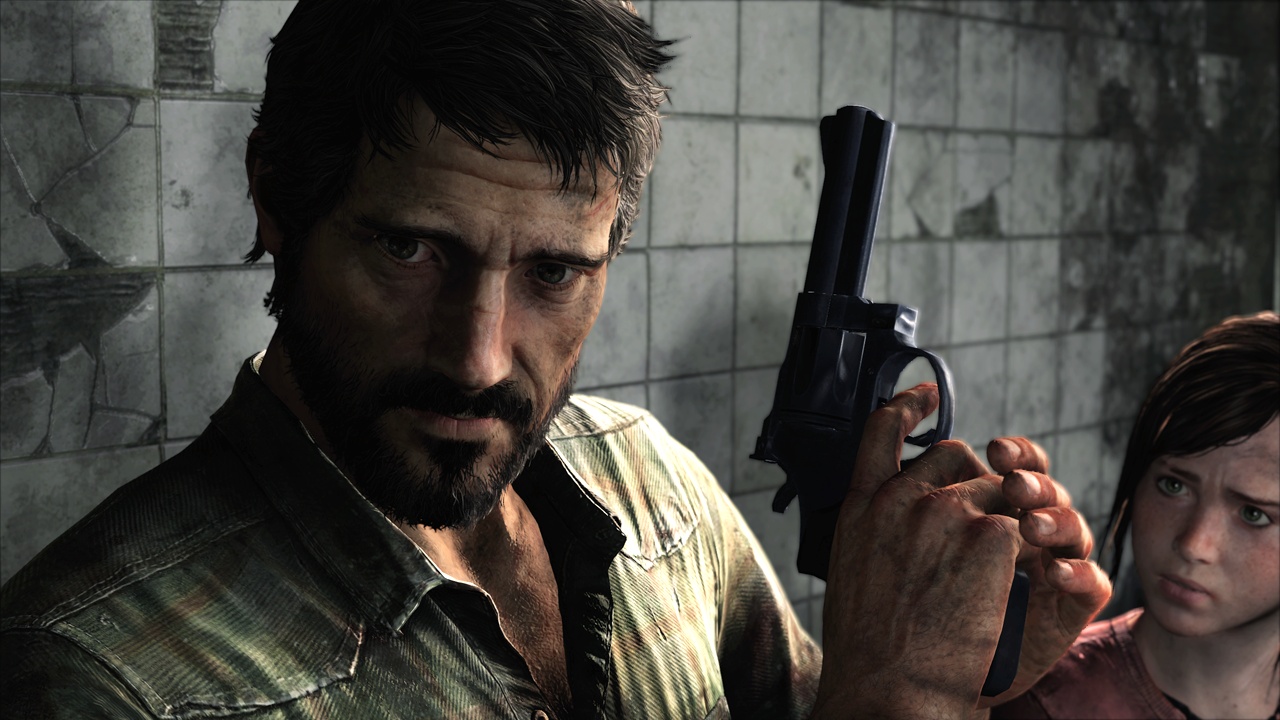
The Case for Remasters
Personally, I'm on the fence about remasters. While I have both an Xbox 360 and a PS3, I didn't get a chance to play every good game while those systems were in their heyday. As such, I thoroughly enjoyed titles such as Tomb Raider, The Last of Us, Sleeping Dogs and Borderlands for the first time on my PS4. Of course, had they not been available on the PS4, I could have saved myself a little money, bought the last-gen versions, and probably have liked them just fine.
I spoke with Sartori Bernbeck, an analyst for Electronic Entertainment Design and Research (EEDAR), about the rise of remasters. Generally, he was in favor of them — and so, too, are gamers, it seems.
"Players vote with their wallets," he said. "Given the success of remasters in recent history, gamers are showing that they do care and appreciate the value developers are providing them with these releases."
"Value" is admittedly a curious word to use, since one would think that getting the same game for half the price on a last-gen system would provide more bang for the buck. However, Bernbeck explained that in addition to providing better graphics for players and more money for developers, remasters can have more subtle benefits.
"Developers can learn new hardware with a remaster before moving onto the next main-line series," Bernbeck said. This point is hard to argue: The Xbox One and PS4 have very different architecture from their predecessors, especially the latter.
Rather than diving right into Halo 5, taking some time to see how previous Halo games look and play on Xbox One could theoretically save a lot of grief. Consider the shoddy state in which Halo: The Master Chief Collection launched; can you imagine what would have happened if that had been Halo 5's launch instead?
The most obvious argument in favor of remasters is also one of the strongest. "Remasters are a great way to introduce a new audience to a beloved title on a previous gen," Bernbeck said. "Many new players in the industry won't have played older games, so remastering them and re-releasing them on new consoles is a great way to introduce those players to classics."
Consider the upcoming Uncharted: The Nathan Drake Collection on PS4. This HD remaster will collect PS3 hits Uncharted: Drake's Fortune, Uncharted 2: Among Thieves and Uncharted 3: Drake's Deception into a single PS4 package. Not coincidentally, it will debut just a few months before Uncharted 4: A Thief's End launches, giving players who never owned a PS3 a chance to catch up.
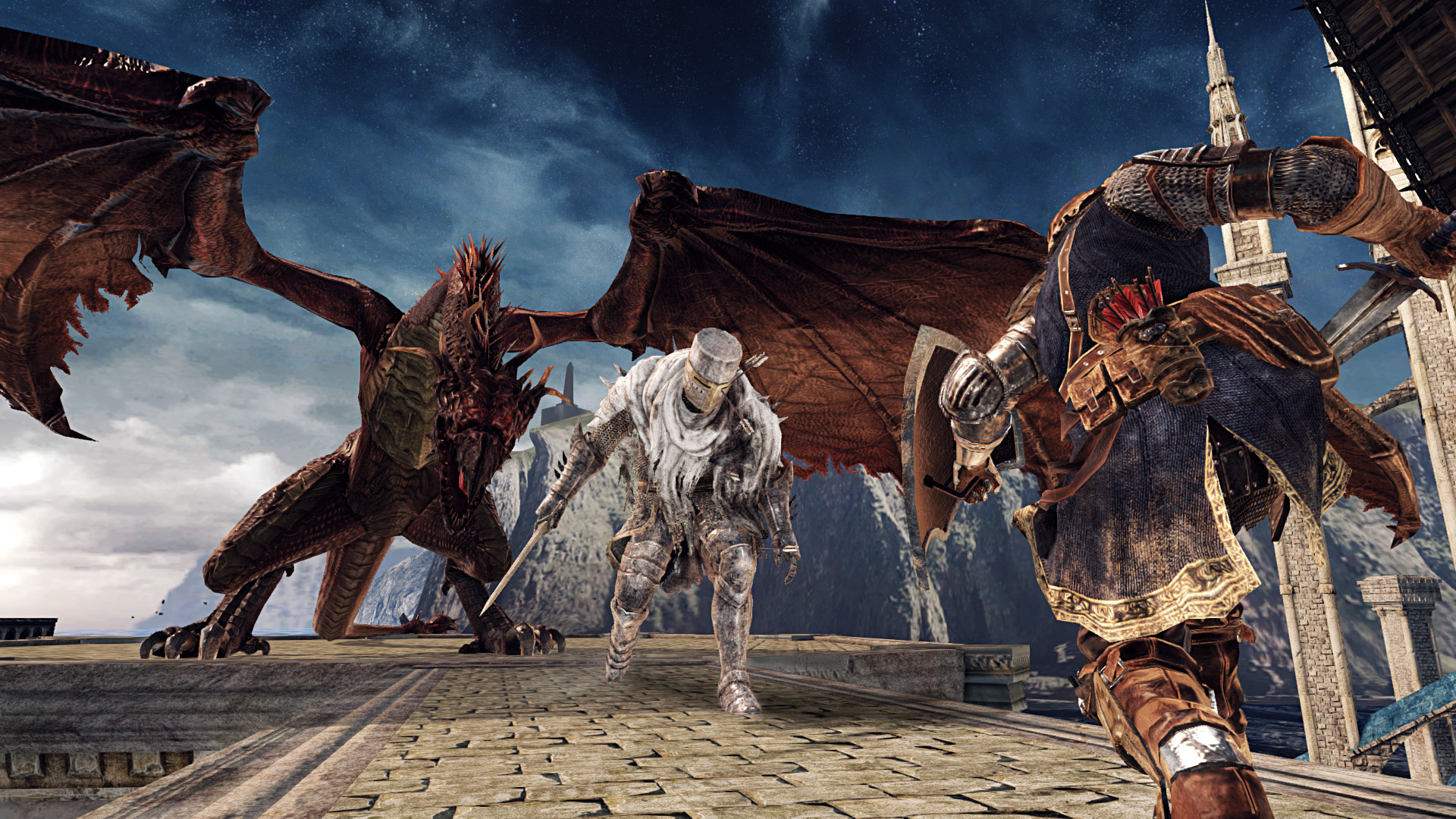
The Case Against Remasters
You could argue that if the game was worth full price when it first came out, surely it could justify charging the same amount of money again, especially for better graphics and more content. That argument becomes a bit more dicey, though, when you consider that by the time a remaster comes out, the last-gen equivalent is usually available for half the price — or less — even counting DLC.
Graphical improvements between last-gen and current-gen systems are, for the most part, not night and day. While games on the Xbox 360 and PS3 did not generally achieve full 1080p resolution, they were still often upscaled as such.
They also hovered around 30 frames per second. Considering the power of new hardware, next-gen remasters should hit a smooth 60 fps every time, but some, like Sleeping Dogs, are capped at 30 fps due to technical limitations. Others, like Borderlands: The Handsome Collection, aim for 60 fps, but often fall short during actual gameplay.
Few gamers would argue that 1080p and 60 fps will truly make or break last-gen games, but there is a much more obvious argument in favor of remasters: What about people who didn't own an Xbox 360 or a PS3? Don't they deserve to play modern classics as well?
For Xbox One owners, this might not pose a problem for much longer. At E3 2015, Microsoft announced that it would begin implementing backward compatibility with Xbox 360 games starting late in the year. Microsoft promises that more than 100 titles will be backward compatible by holiday 2015, and the games will be upscaled, just like the remastered versions. The graphical fidelity won't be exactly the same, but why spend $60 on Borderlands: The Handsome Collection on Xbox One, when the same content on Xbox 360 would cost you half as much?
(To be fair: This logic only applies to the Xbox One. The PS4 will probably never get full backward compatibility due to the PS3's vastly different system architecture, and Sony’s stopgap PlayStation Now service, which streams PS3 titles.)
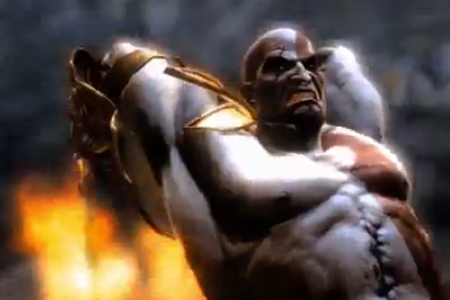
Telling the Whole Story
The biggest problem with remasters is not the price, but the selection. Obviously, not every game warrants a remaster, but I sometimes cannot fathom the logic behind those that get one.
"Introducing new players to old classics via remasters can be very important for franchises that rely heavily on story sequences told through iterative releases," Bernbeck said, and it's a very valid point. "Your potential audience for a new release grows as more players have played the previous story in the franchise.” He argued that it’s is harder to reach new players when your game relies heavily on them understanding the backstory.
This point almost singlehandedly justifies remasters like The Nathan Drake Collection or The Master Chief Collection, but makes Borderlands: The Handsome Collection, Dark Souls II: Scholar of the First Sin and especially God of War III Remastered all the more head-scratching.
The Handsome Collection contains Borderlands II and Borderlands: The Pre-Sequel, eschewing the first game entirely. There is no way to play Demon's Souls or Dark Souls on a current-gen console. God of War III, though, is perhaps the most egregious example of not providing players with enough story.
MORE: Best PS4 Games
While Borderlands and Dark Souls both work from a pure gameplay perspective, God of War is a cinematic, story-driven series. God of War III is the conclusion to the main story arc, and wraps things up pretty definitively. In spite of that, you can only play the first two God of War games on a PS4 via PlayStation Now rental, and the game does not include any kind of cutscene gallery or codex to get new players up to speed.
Remasters may be a perfect way to introduce new players to an ongoing story, but when they cost a lot of money, provide only minor enhancements and drop new players in the middle of an ongoing narrative, it's hard to justify them wholesale.
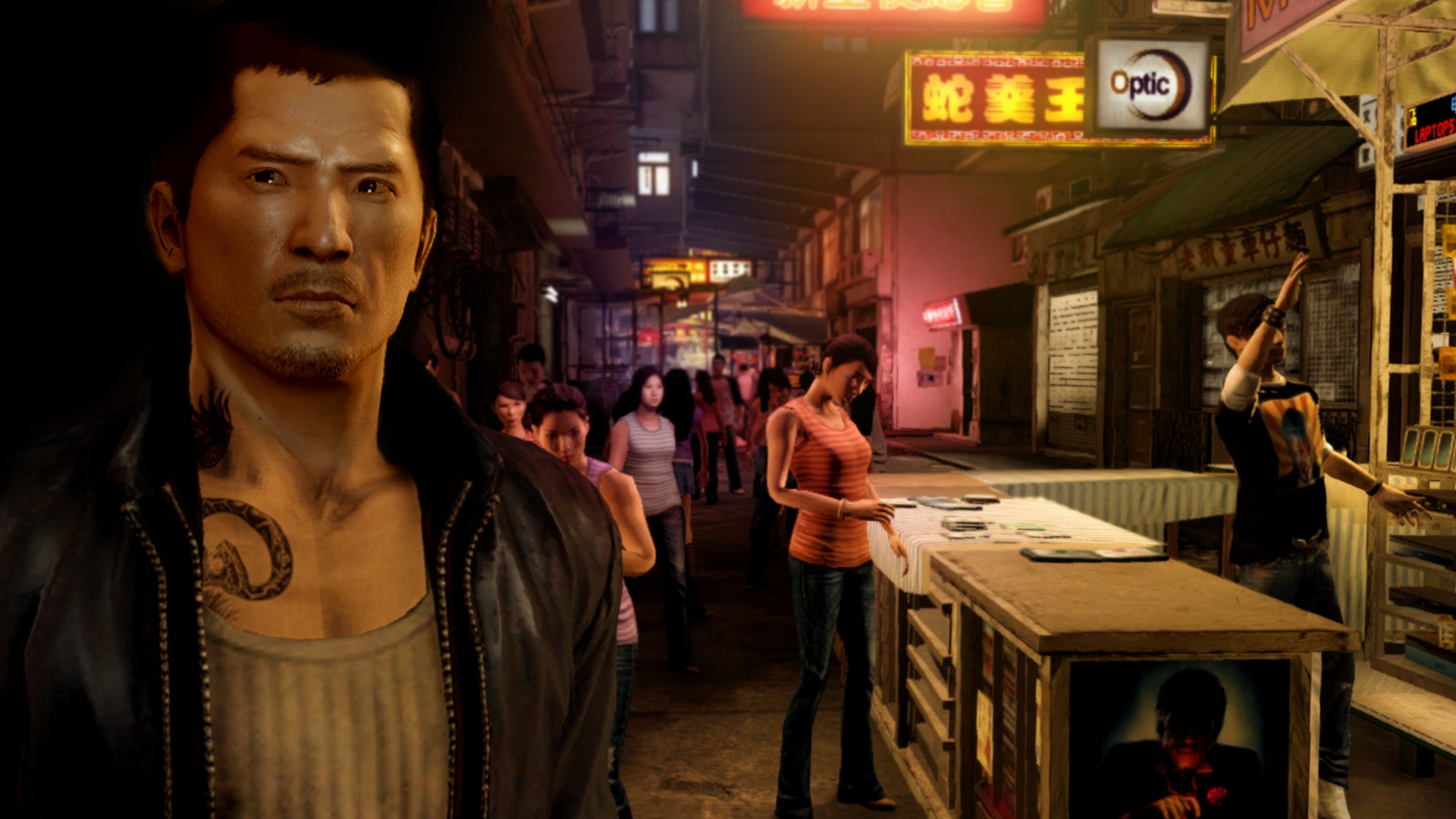
Are Remasters Worthwhile?
Remastered games have both benefits and pitfalls, but, ultimately, are they good or bad for consumers?
According to Bernbeck, gamers seem to purchase them in great numbers, and if the money and technical expertise help developers fine-tune future installments in a series, that seems like a net positive. On the other hand, training consumers to buy ever-so-slightly prettier old games at full price, often out of context, is not an ideal way to cultivate a discerning fan base.
Gamers will have to weigh the risks and benefits for themselves, but here's my take: PS4 owners, for better or worse, are stuck with remasters. The system cannot handle PS3 games, and PlayStation Now, which streams PS3 titles, is expensive and unreliable. Xbox One gamers, on the other hand, might be wise to sacrifice a tiny bit of video quality for much cheaper backward-compatible titles — unless, of course, they need modern multiplayer servers, as in the case of some Halo games.
As for whether remasters will continue, now that many of the last-gen's biggest hits are available for PS4 and Xbox One, we'll have to wait and see. All I know is that the gaming sphere will not be complete until we get all three Mass Effect titles in one current-gen package.
Marshall Honorof is a senior writer for Tom's Guide. Contact him at mhonorof@tomsguide.com. Follow him @marshallhonorof. Follow us @tomsguide, on Facebook and on Google+.

Marshall Honorof was a senior editor for Tom's Guide, overseeing the site's coverage of gaming hardware and software. He comes from a science writing background, having studied paleomammalogy, biological anthropology, and the history of science and technology. After hours, you can find him practicing taekwondo or doing deep dives on classic sci-fi.
-
HEXiT console owners are getting what they deserve ie, abused.Reply
there the idiots that kept buying the original xbox even when it was shown to be unfit for its purpose with a 30+ percent fail rate. instead of getting a refund they kept accepting replacements and in a lot f cases multiple replacements. all the while paying extortionate amounts for games...
the devs and hardware manufacturers took note of this and started price gouging. because they seen there customers were tied in and willing to accep the reeming they were getting... as the years went on it got worse and worse to the point, now we have a situation where console owners are paying ridiculous amounts for games (often 100 or more) and getting the likes of assassins creed unity. a game that is in essence just a re-skin of the previous title with a few story tweaks to make it look like your playing something new... same with fifa, pez and so on. the fun part is the devs tried the same tricks on pc and for the most part its backfired on them. so yeah console owners especially xbox owners are responsible for the poor attitude and lack of development in the games market and until they wake up to the fact things wont change.
-
guanyu210379 Remastering relatively new games with already quite good graphics e.g. XBOX or PSOne games is not interesting.Reply
It is more interesting to remake those ancient titles from C64, NES, SNES, etc.
Remake not remaster! -
MasterChief118 Replyconsole owners are getting what they deserve ie, abused.
there the idiots that kept buying the original xbox even when it was shown to be unfit for its purpose with a 30+ percent fail rate. instead of getting a refund they kept accepting replacements and in a lot f cases multiple replacements. all the while paying extortionate amounts for games...
the devs and hardware manufacturers took note of this and started price gouging. because they seen there customers were tied in and willing to accep the reeming they were getting... as the years went on it got worse and worse to the point, now we have a situation where console owners are paying ridiculous amounts for games (often 100 or more) and getting the likes of assassins creed unity. a game that is in essence just a re-skin of the previous title with a few story tweaks to make it look like your playing something new... same with fifa, pez and so on. the fun part is the devs tried the same tricks on pc and for the most part its backfired on them. so yeah console owners especially xbox owners are responsible for the poor attitude and lack of development in the games market and until they wake up to the fact things wont change.
PC games aren't really a great example either. The entire industry is a mess. All of the games I bought last year on PC (except Alien:Isolation) needed a patch to get it to a decent standard. -
Willie0 A game would become old as time passes by that is why it needs to be updated from time-to-time. Players would get bored if its the same process all over again.Reply -
HEXiT Reply16247778 said:console owners are getting what they deserve ie, abused.
there the idiots that kept buying the original xbox even when it was shown to be unfit for its purpose with a 30+ percent fail rate. instead of getting a refund they kept accepting replacements and in a lot f cases multiple replacements. all the while paying extortionate amounts for games...
the devs and hardware manufacturers took note of this and started price gouging. because they seen there customers were tied in and willing to accep the reeming they were getting... as the years went on it got worse and worse to the point, now we have a situation where console owners are paying ridiculous amounts for games (often 100 or more) and getting the likes of assassins creed unity. a game that is in essence just a re-skin of the previous title with a few story tweaks to make it look like your playing something new... same with fifa, pez and so on. the fun part is the devs tried the same tricks on pc and for the most part its backfired on them. so yeah console owners especially xbox owners are responsible for the poor attitude and lack of development in the games market and until they wake up to the fact things wont change.
PC games aren't really a great example either. The entire industry is a mess. All of the games I bought last year on PC (except Alien:Isolation) needed a patch to get it to a decent standard.
you seem to have missed my point in amongst my ramblings...
which was it started because xbox owners didnt ask for refunds instead of replacements.
as for pc games. in some respects yes but most of the time when a game needs a zero day patch its a console port or was dev'd on console. -
Vlad Rose Remasters are fine, assuming you've never played the original. For some, that convenience is worth the extra price as they have extra money laying around to burn.Reply
The things that really piss me off with the gaming industry lately is paying full price for a game, only getting half the content, then paying another $250+ just to get all the DLC that should have been included in the first place. Then to salt the wound, offer a complete edition 6 months later... I'm looking at you Capcom and NetherRealm Studios..... thank goodness for return policies. -
Marshall Honorof Actually, the original piece covered a few PC games as well, but I eventually decided it was a different kettle of fish and focused just on console remasters instead.Reply
The funny thing about PC games is that sometimes you need remasters, and sometimes you don't. A game like Age of Empires II HD is awesome, because the original game can't run on Windows 7 without an incredible amount of jiggery-pokery. Conversely, a game like Baldur's Gate Enhanced Edition is cool, but there are already so many mods that beef it up for modern systems, I'm not sure it reinvents the whole experience.
I don't object to companies producing remaster for the Xbone and PS4, but I do object to them charging full price if the remaster only comes with one game. As I said in my God of War III Remastered review, God of War III is still a great game, but you can't justify a $40 price tag for a single title when you can buy the entire God of War series on PS3 for $35. -
Vlad Rose Reply16251128 said:Actually, the original piece covered a few PC games as well, but I eventually decided it was a different kettle of fish and focused just on console remasters instead.
The funny thing about PC games is that sometimes you need remasters, and sometimes you don't. A game like Age of Empires II HD is awesome, because the original game can't run on Windows 7 without an incredible amount of jiggery-pokery. Conversely, a game like Baldur's Gate Enhanced Edition is cool, but there are already so many mods that beef it up for modern systems, I'm not sure it reinvents the whole experience.
I don't object to companies producing remaster for the Xbone and PS4, but I do object to them charging full price if the remaster only comes with one game. As I said in my God of War III Remastered review, God of War III is still a great game, but you can't justify a $40 price tag for a single title when you can buy the entire God of War series on PS3 for $35.
You do have a point about PCs being a different kettle of fish due to varying OS's and hardware changes that occur on them. At that point though, it kind of blurs the line between Remake and Remaster as some titles would need major overhauls done to run on modern hardware. DOS games are a good example of that. Other titles are ones that relied on older versions of technology (Last Bronx needing an early version of Quicktime, Road Rash not liking newer versions of Direct X) or relied on the way an older OS handled things (network stacks, etc).
 Club Benefits
Club Benefits





